
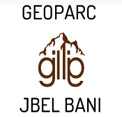
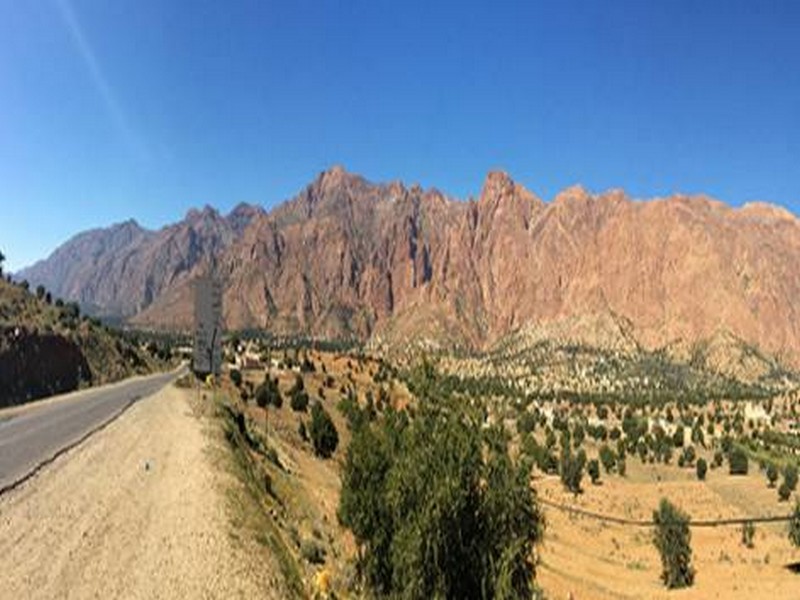
Jebel el Kest: A stunning day in the Moroccan Anti-Atlas
The ascent of Jebel el Kest in Morocco’s Anti-Atlas is a stunning day in remote mountains – one of the very best hill days. Cicerone’s Publisher, Jonathan Williams, explored the area with his son Joe in February 2015..
‘Anergui...’ Chris Bonington’s always-quiet tone dropped a notch as he repeated the name, his eyes seeming to glaze over as though he was remembering big mountains in great ranges. I was impressed. All I’d done was mention this particular approach to the little-known Jebel el Kest in Morocco’s Anti-Atlas. It must be quite a hill. There was clearly a lot to look forward to on our walking and scrambling trip. Over the last twenty years the Anti-Atlas has grown into a remarkable arena for climbers. Massive amounts of rock at good climbing grades, easy access, good prices and great people have all made this area a new home-from-home for a generation of climbers: Les Brown, Joe Brown, Chris Bonington, Claude Davies... all well-known names on the friendly streets of Tafraoute.
A town of 5000 people, Tafraoute is set off to the south of Jebel el Kest, giving it astonishing views to the quartzite range that glows bright pink in the evening light. It’s located in an area the maps refer to as ‘The Granite Area’, full of piles of strangely shaped boulders. There are several hotels and a few restaurants, plenty of shops, pharmacies, a weekly souk, and a small medical centre (with which we had dealings the next day – another story). The French influence is unmistakable; well taught in the schools it’s one of three languages – with Arabic and Berber – spoken throughout Morocco. Those involved in adventures and other trading all have excellent French and a surprising amount of English. And catering to climbers is only one of Tafraoute’s enterprises. It’s a stop-off for the many French who tour around Morocco and into the Sahara, often in sizeable motor homes. This has led it to its development as a major centre for carpet selling, and the two emporia that service this business have become masters of the art. It’s unlikely your resistance is even close to a match for their sales talents, so it’s best just to embrace it. Tafraoute is as a fine place as any to buy a carpet, rug or throw and it will make a valuable contribution to the local economy.
Located about 3 hours’ drive south east of the Atlantic resort of Agadir, a 4-hour flight from the UK, this remote area on the edge of the Sahara desert can be reached inside a day. The drive down is fascinating – remarkably little traffic but a whole new culture with shepherds and flocks crossing the road, towns and Berber villages large and small, roadside water stalls, women in niqab and hijab of all colours, minarets and wild mountain scenery, as well as the inevitable game of chicken as two vehicles pass on the road eroded by the perpetual sun and occasional rain down to a singe track. Winter temperatures are ideal for walking, but the main season is March to April and October into November. In mid-February we had cloudless days up to 20º and night-time temperatures of 8 to 10º – fine Cumbrian summer days.
Jebel el Kest itself is just the highest point in a long and complex ridge extending over 35km and accessible from both north and (more usually) south. There are a few paths – original Berber shepherd trails above the villages – but much of it is trackless. And everything up there is either sharp or spikey.
Pub in May 2015
Source web par cicerone-extra
Les articles en relation
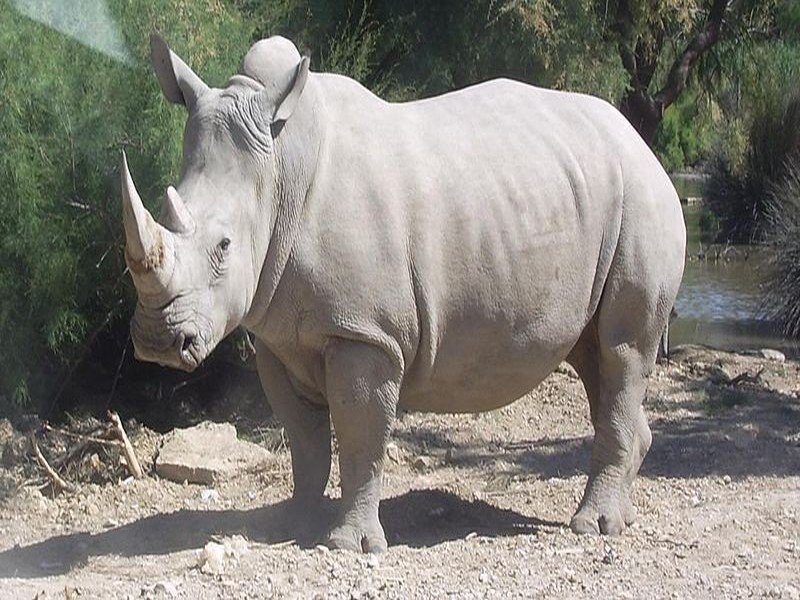
Les rhinocéros du Maroc (espèce éteinte)
Jadis, à une époque antique où la moitié sud de notre pays ressemblait plus à une savane qu’à un désert , vivaient encore des espèces aujourd’hui éteintes, qu&rs
Savoir plus...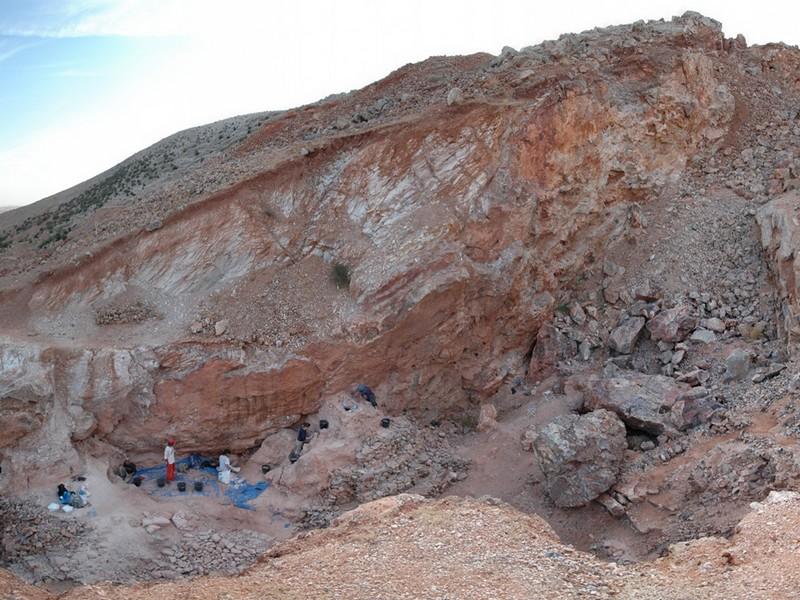
LE SITE DU JBEL IRHOUD
LE SITE DU JBEL IRHOUD LE SITE DU JBEL IRHOUD Ce site est désormais connu mondialement en raison de l’importance des découvertes archéologiques qui y ont été faites. Celles-ci début&egr
Savoir plus...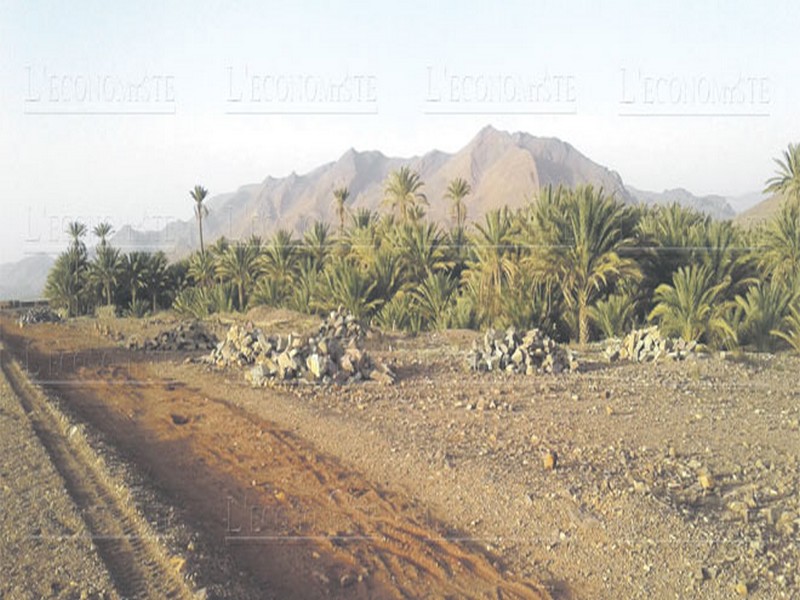
Le Géoparc Jbel Bani et Foum Zguid, à la porte du désert, la pastèque menace la nappe phréatique
Le Géoparc Jbel Bani et Foum Zguid, à la porte du désert, la pastèque menace la nappe phréatique A 170 km d’Ouarzazate, à Foum Zguid, c’est la porte du désert. Le tourisme
Savoir plus...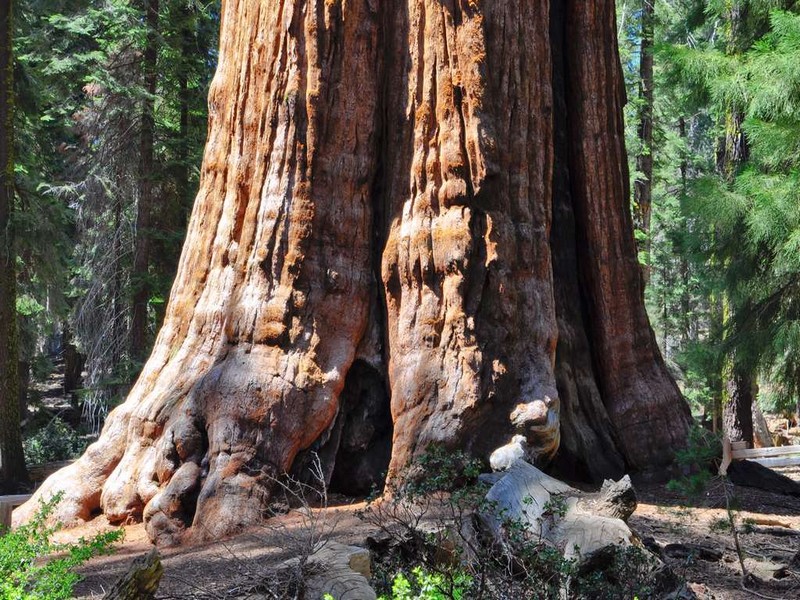
Quel est le plus grand arbre du monde ?
Quel est le plus grand arbre du monde ? Découvrez quel est l'arbre le plus haut du monde et aussi quel est celui qui a le plus grand volume. L'arbre le plus grand du monde est le séquoia à feuilles d&#
Savoir plus...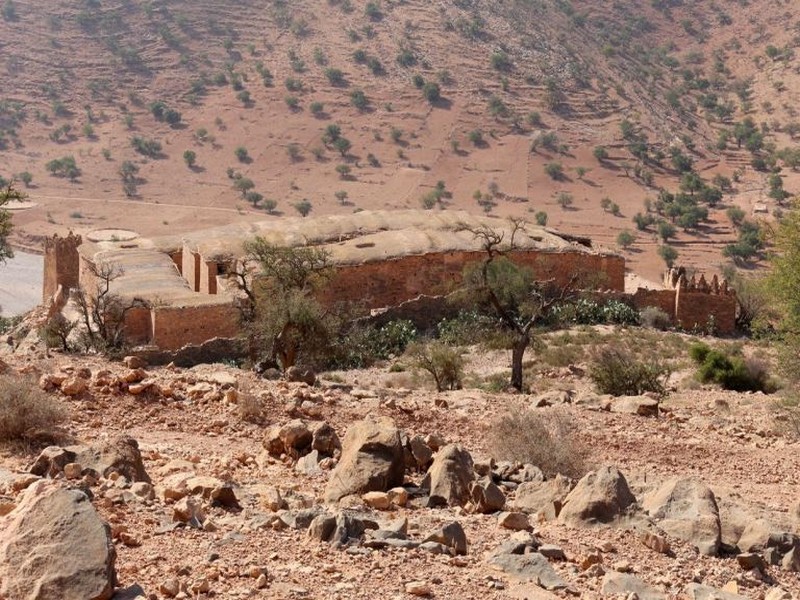
Visite hier de l’Agadir Inoumar
Visite hier de l’Agadir Inoumar Nous voulions faire découvrir à ma soeur Régine et à Georges un grenier fortifié de l’Anti-Atlas. Celui d’Imchguiguilne étant toujours fer
Savoir plus...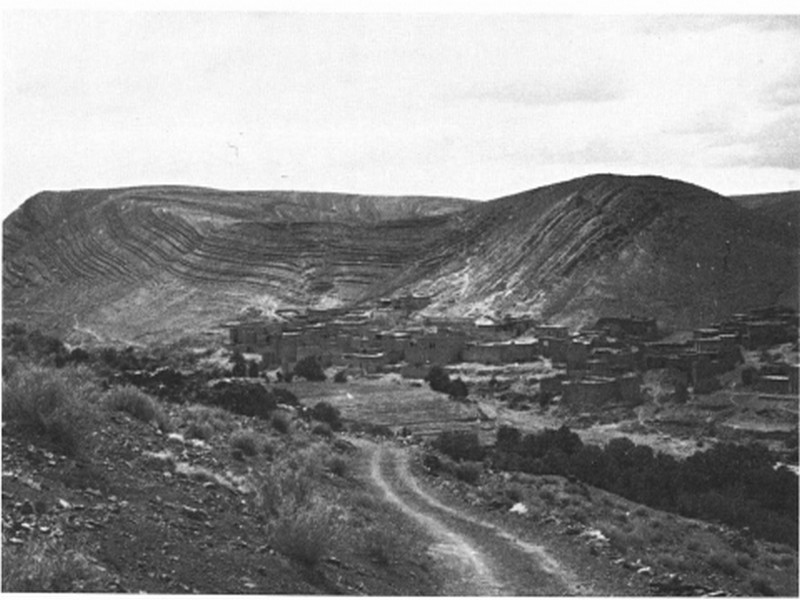
La genèse du relief : paroxysme hercynien et rajeunissement fini Tertiaire Pour J. Riser (l’Anti-Atlas)
La genèse du relief : paroxysme hercynien et rajeunissement fini Tertiaire Pour J. Riser (l’Anti-Atlas) 3L’histoire géologique de l’Anti-Atlas est aussi longue et complexe que celle du craton africain
Savoir plus...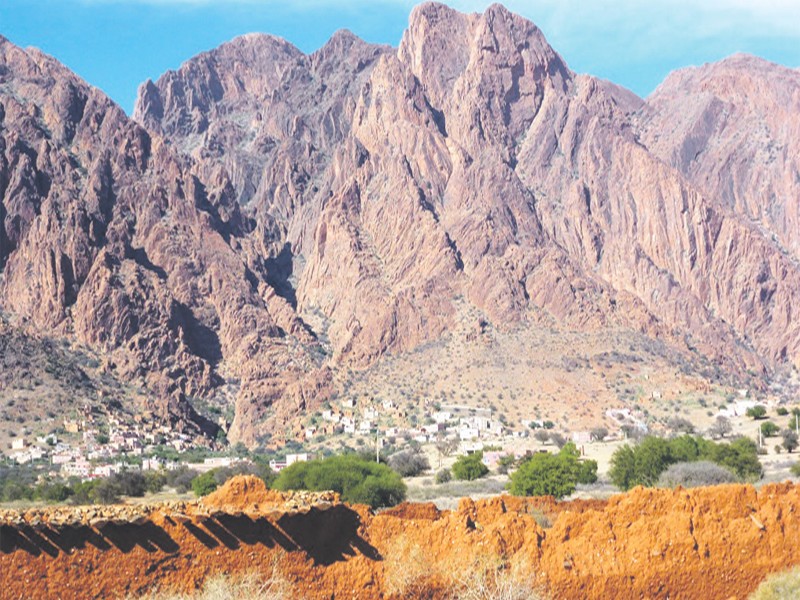
Recherche : Découverte inédite en géologie
- Le Mésoprotérozoïque était considéré comme période absente au Maroc - Un enseignant-chercheur marocain coordonne l’étude menée par une équipe internationale
Savoir plus...
Environnement – Pays à risque climatique dans le monde : Le Maroc 124ème
Environnement – Pays à risque climatique dans le monde : Le Maroc 124ème Selon un rapport sur l’indice mondial des risques climatiques, qui a été dévoilé lors de la COP24 qui se t
Savoir plus...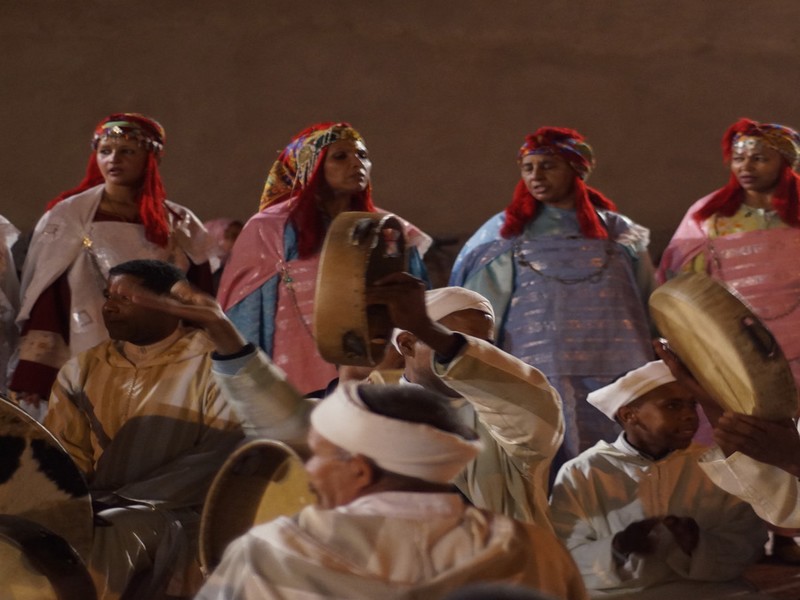
La danse Ahwach (Géoparc Jbel Bani)
La danse Ahwach (Géoparc Jbel Bani) Le Maroc compte plus de 12 millions de Berbères. La culture berbère est donc fortement ancrée dans la culture et le patrimoine marocain. Découvrez par exemple l&r
Savoir plus...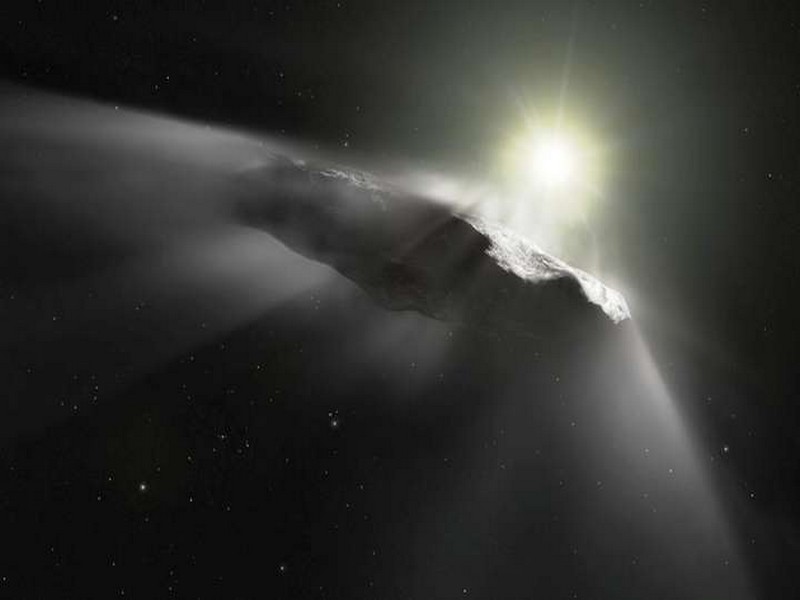
'Oumuamua serait bien une comète selon la Nasa
'Oumuamua serait bien une comète selon la Nasa Des chercheurs qui ont étudié les observations de 'Oumuamua par Spitzer ajoutent une touche à son portrait. Pourtant le télescope spatial n'
Savoir plus...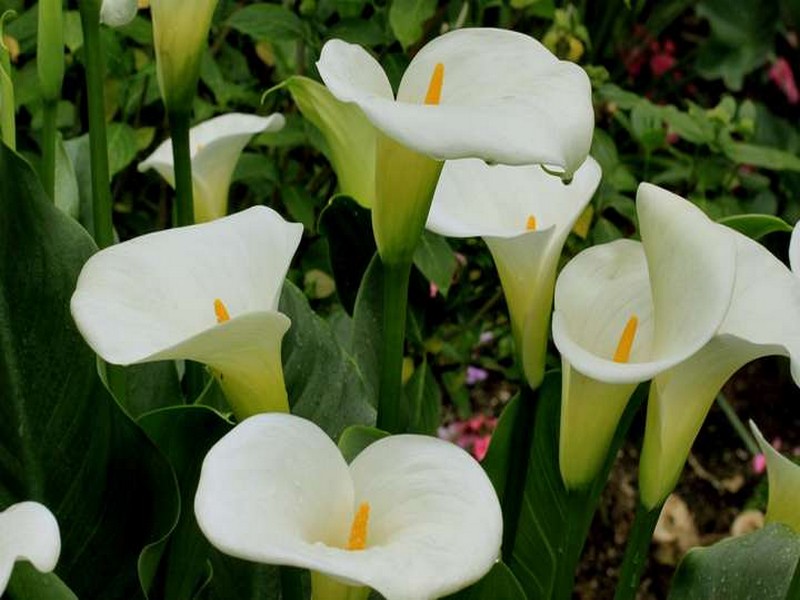
10 bulbes rares à cultiver
10 bulbes rares à cultiver Michel Caron présente ici le troisième volet du dossier sur les bulbes. Plantes appréciées et variées, les bulbes se retrouvent dans les jardins, les jardiniè
Savoir plus...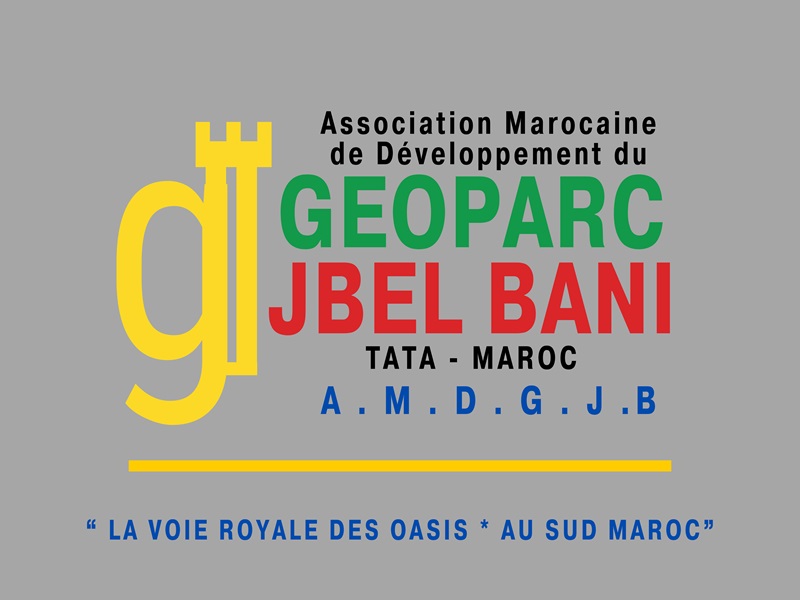
Association Marocaine pour le Développement de Géoparc Jbel Bani (AMDGJB)
Association Marocaine pour le Développement de Géoparc Jbel Bani (AMDGJB) L'AMDGJB Association Marocaine pour le Développement de Jbel Bani, en tant qu'Association Marocaine autorisation 1954-36 &
Savoir plus...Les tags en relation
En savoir plus sur " Montagnes et Anti Atlas "
Consulter les vidéos de " Montagnes et Anti Atlas " Consulter les photos de " Montagnes et Anti Atlas " Consulter les publications de " Montagnes et Anti Atlas " Consulter les éditions de " Montagnes et Anti Atlas " Consulter les communications de " Montagnes et Anti Atlas "Recherche du site
Recherche avancée / SpécifiqueMontagnes Jbel Bani, Jbel Kerst et Anti Atlas
Montagnes et Anti Atlas Caractéristiques des montagnes du Jbel Bani Jbel Bani et Jbel Kesrt
Géoparc et Recherche Scientifique
Le coins de l’étudiant
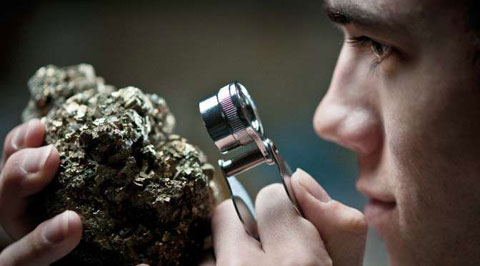

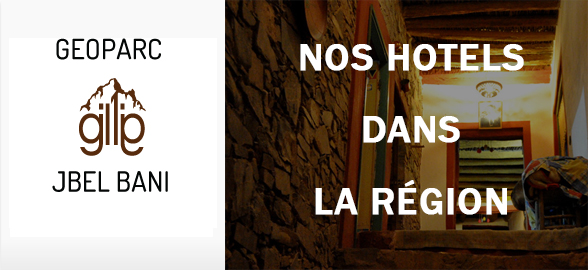
Blog Géoparc Jbel Bani
Dictionnaire scientifique
Plus de 123.000 mots scientifiques
Les publications
Géo parc Jbel Bani
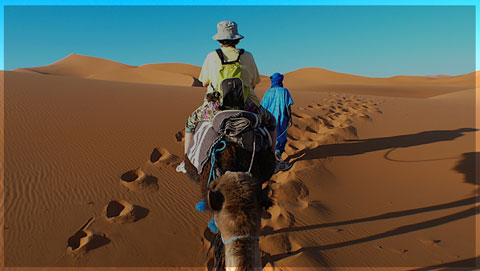
Circuits & excursions touristiques
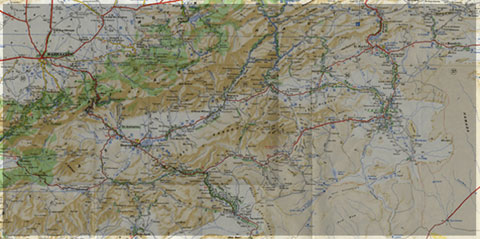
cartothéques
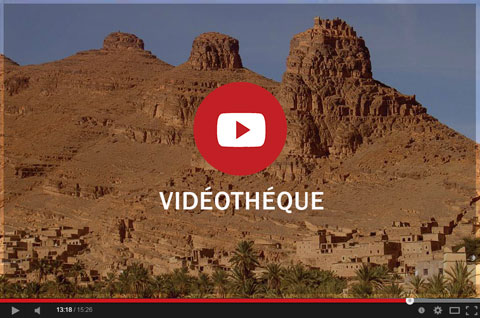
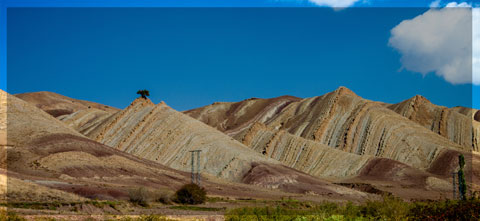
Photothéques
Publications & éditions



